If you’ve ever told yourself, “That’s it — no more drinking,” only to find yourself pouring a glass again that same night, you’re not alone. And you’re not weak. You’re not lazy. You’re not broken.
You’re human.
When it comes to alcohol, willpower is a short-term strategy for a long-term problem. It might get you through a few days or weeks, but eventually, it runs out. Not because you’ve failed — but because you were never meant to rely on willpower alone in the first place.
Here’s why willpower doesn’t work — and what actually does.
1. Willpower is a Finite Resource
We like to think of willpower as a constant force we can call on whenever we need it. But research shows that willpower is limited. It’s like a battery — and it drains as the day goes on, especially if you’re stressed, tired, or overwhelmed.
So if you’re trying to resist drinking after a long day, when your mental energy is already spent? It’s no wonder you’re reaching for a drink. That’s not failure — that’s biology.
2. Willpower Doesn’t Address Why You’re Drinking
You can force yourself not to drink for a while, but if you haven’t explored why you’re drinking in the first place — what you’re using alcohol to cope with, avoid, or soothe — the craving doesn’t just disappear. It lingers under the surface.
Whether it’s anxiety, loneliness, stress, boredom, or just habit — until those root causes are understood and gently untangled, willpower becomes a daily battle. And let’s be honest — most of us don’t want our lives to feel like a battle.
3. The Alcohol Loop is Hardwired in the Brain
Alcohol hijacks your brain’s reward system. Every time you drink, your brain releases dopamine — which tells your brain, “This feels good. Do it again.” Over time, this creates a powerful feedback loop. It becomes a habit — and then a craving — and eventually, something that feels automatic.
Willpower might help you interrupt that loop for a little while, but lasting change happens when you rewire the loop entirely. That’s where science-backed tools like habit mapping, emotional regulation, and mindset work come in.
4. Willpower Often Triggers Shame When It “Fails”
Most people trying to quit or cut back on alcohol have experienced the guilt spiral:
- “I should be able to do this.”
- “Why do I keep messing up?”
- “What’s wrong with me?”
This shame only strengthens the craving. And the cycle continues.
A better way? Compassion over criticism. Curiosity over control. Approaching yourself with understanding allows you to learn and grow instead of getting stuck in the same loop.
5. Real Change Comes From a Shift in Identity, Not Just Control
Willpower is about trying to resist what you still want. That’s exhausting.
Real freedom comes when you no longer want alcohol the way you used to — because you’ve changed how you see it, how you see yourself, and what you believe is possible.
It’s the difference between:
“I’m trying not to drink tonight”
and
“I don’t need alcohol anymore to cope, relax, or have fun.”
That shift doesn’t come from white-knuckling. It comes from mindset work, emotional resilience, and understanding your own patterns deeply.
So What Does Work?
- Education: Learning how alcohol impacts the brain and body — so you’re not relying on outdated myths or shame-based thinking.
- Compassion: Meeting yourself with kindness rather than blame.
- Tools and Strategy: Techniques to manage cravings, shift habits, and reframe your beliefs.
- Support: Having someone walk alongside you — so you’re not doing this alone.
You Don’t Need to Be Stronger — You Need a Different Approach
If willpower hasn’t worked for you, it’s not because you didn’t try hard enough. It’s because willpower is not the tool for the job.
Changing your relationship with alcohol isn’t about pushing harder. It’s about getting curious, building understanding, and creating space to grow.
You don’t have to fight your way out.
You can find a new way through — one rooted in clarity, science, and self-respect.



